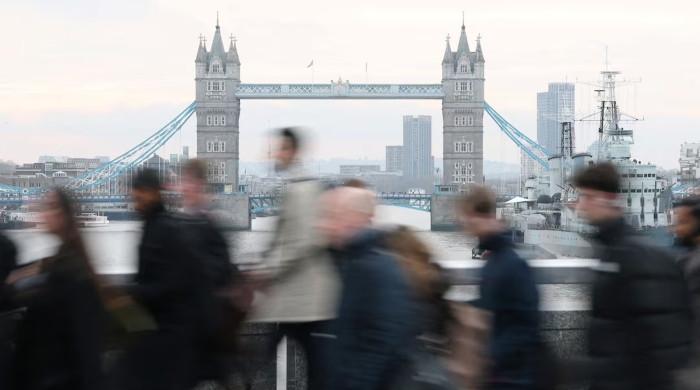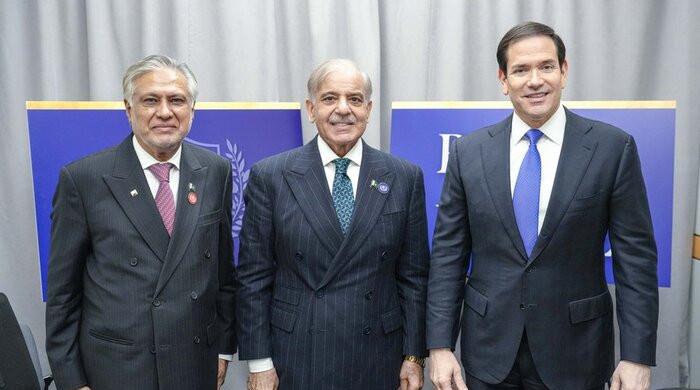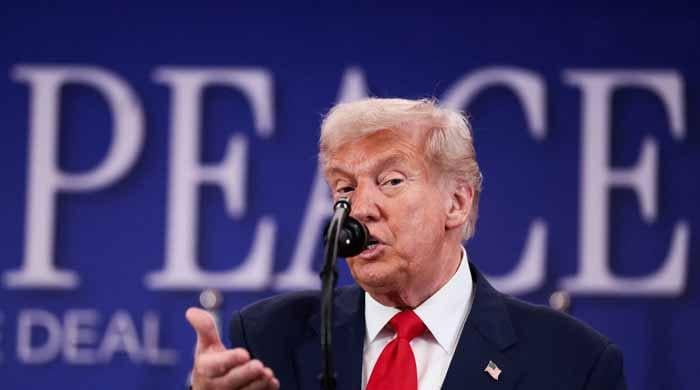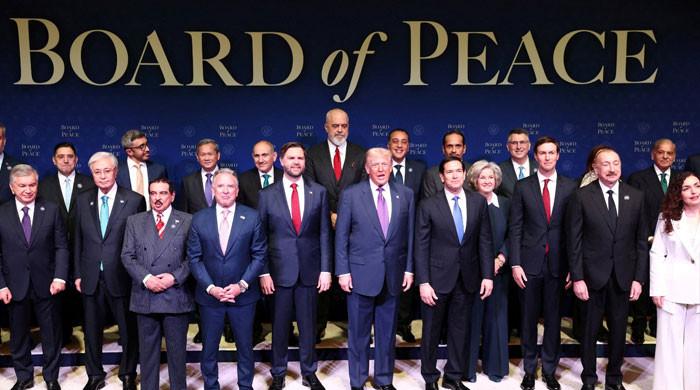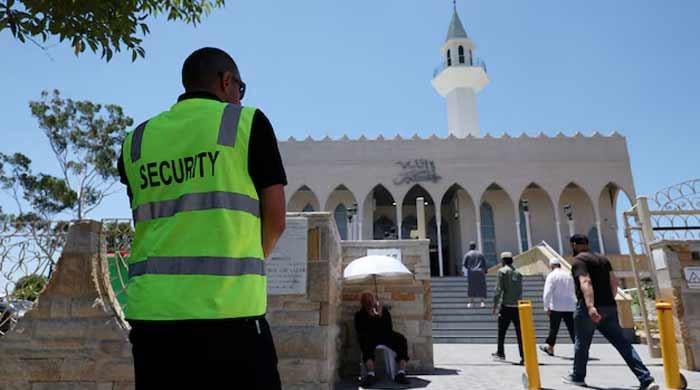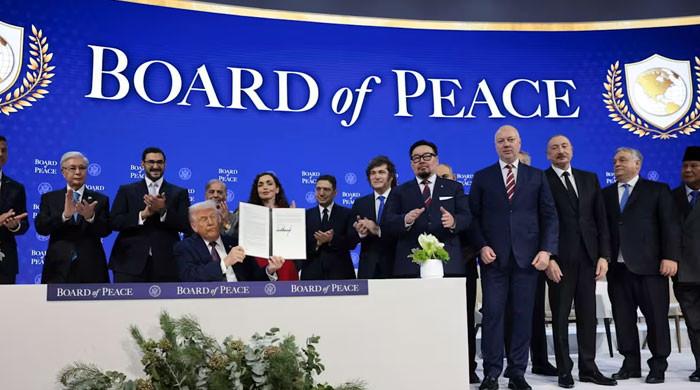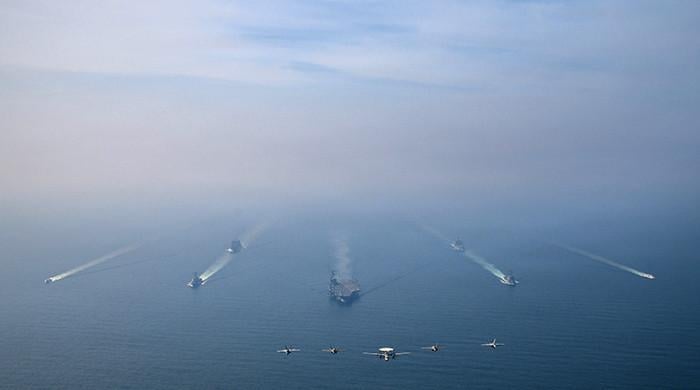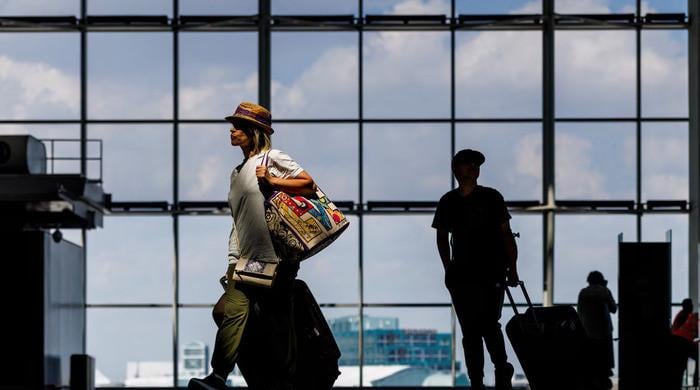Former Afghan ambassador says Ashraf Ghani to blame for Afghanistan's 'rapid collapse'
Slams Afghan President Ashraf Ghani's misuse of authority, rampant corruption for reducing Afghan state to 'personal fiefdom'
August 13, 2021
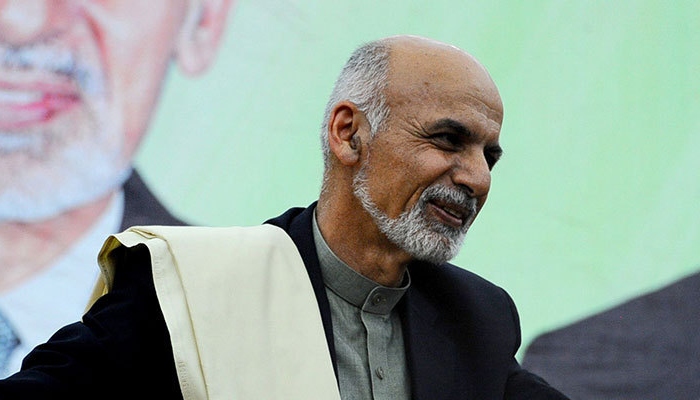
- Afghan forces unsure whether they were fighting to protect the state or to ensure Ghani stays in power for another term, he says.
- Peace settlement not possible with Ghani as president, says Zakhilwal.
- Statement comes after Taliban take control of more territory, with the capture of Herat being termed as a major blow for Afghanistan's security forces.
Omar Zakhilwal, former ambassador of Afghanistan to Pakistan, blamed Ashraf Ghani for the country's "rapid collapse" as the Taliban continue to make swift advances and conquer more territory.
In a series of tweets, Zakhilwal blamed Ashraf Ghani's misuse of authority, rampant corruption for reducing the Afghan state to "personal fiefdom".
The former ambassador lashed out at the Afghan president, saying that he had spent years on promoting his image as the "greatest leader" Afghanistan ever had and the "second-most intellectual person in the world".
He listed some of Ghani's failed tactics during his rule, mainly excessive repeated violation of the constitution, nepotism, instilling political and national divisiveness, deliberate politicisation and "demoralisation of state institutions, political conspiracies, sabotaging of successive opportunities".
He said due to Ghani's self-promotion, the Afghan security forces today were unsure whether they were fighting to protect the state or to ensure Ghani stays in power for another term.
"The fall of dozens of districts and provincial capitals to Taliban across Afghanistan every week without much of a fight lately is largely resulted of that confusion[sic]," he continued.
Zakhilwal pointed out that a peace settlement was not possible with Ghani as the president, considering he was mainly responsible for the Afghanistan ceding more territory to opposition forces.
Taliban seize Herat, Kandahar after fierce battle
His statement comes after the Taliban took control of more territory, with the capture of Herat being termed as a major blow for Afghanistan's security forces.
The insurgents also detained veteran commander Mohammad Ismail Khan after they seized Herat, a provincial official said Friday, adding that they had promised not to harm him and other captured officials.
A Taliban spokesman confirmed that Khan, who had been leading fighters against the Taliban in recent weeks, was in their custody.
Khan is one of Afghanistan's most prominent warlords. Known as the Lion of Herat, he battled Soviet occupiers in the 1980s and was a key member of the Northern Alliance whose US-backed forces toppled the Taliban in 2001.
Taliban spokesman Zabihullah Mujahid confirmed that Khan had been detained.
The capture of the second-biggest city of Kandahar in the south and Herat in the west after days of clashes are a devastating setback for the government as the deadly Taliban insurgency turns into a rout of the security forces.
"The city looks like a front line, a ghost town," provincial council member Ghulam Habib Hashimi said by telephone from Herat, a city of about 600,000 people near the border with Iran.
"Families have either left or are hiding in their homes."
Referring to the southern economic hub of Kandahar, a government official told Reuters: "Following heavy clashes late last night, the Taliban took control."
The defeats have fuelled fears the US-backed government could fall to the insurgents as international forces complete their withdrawal after 20 years of war.
A US defence official cited US intelligence as saying this week that the Taliban could take Kabul within 90 days.
The UN World Food Programme sees food shortages in Afghanistan as "quite dire" and worsening, a spokesperson said, adding the situation had all the hallmarks of a humanitarian catastrophe.
Of Afghanistan's major cities, the government still holds Mazar-i-Sharif in the north and Jalalabad, near the Pakistani border in the east, in addition to Kabul.




